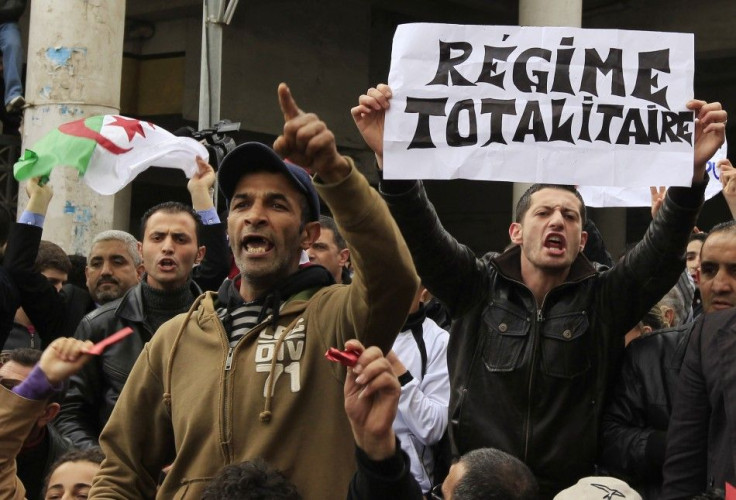Algeria lifts state of emergency after 19 years

As promised, the president of Algeria Abdelaziz Bouteflika has officially lifted a 19-year-old state of emergency, one of the principal demands issued anti-government forces.
The country's Council of Ministers approved the repeal Tuesday, reported the state-run media.
The measure is hoped by the regime to cool down the opposition’s rhetoric and to allow Algeria to avoid the violence that has swept its neighbors to the east, Libya and Tunisia.
Under the new laws, the Algerian military will have limited powers connected to domestic security issues. Restrictions on freedom of speech and assembly were also eased.
The state of emergency was first imposed in 1992 when Algeria became embroiled in a deadly civil war with Islamist insurgents. That conflict cost hundreds of thousands of lives.
Critics claimed that the need for emergency vanished with the ending of the civil war and had been kept in place to silence opposition parties.
Bouteflika's National Liberation Front has ruled the country since its independence from France in 1962.
Bouteflika, 73, himself has been in office since 1999.
Algeria has similar problems as Tunisia and Egypt, including high unemployment, corruption, rising food prices and widespread poverty. It is unclear if the decision to lift emergency will quiet down voices of dissent, some of whom are demanding Bouteflika’s resignation.
The lifting of the state of emergency is still positive but it's not enough, Mustafa Bouchachi, chairman of the Algerian Human Rights League and one of the organisers of the protests, said.
We need a real opening up for political, media and social activities so that the people can experience democracy for themselves, he told Reuters.
Algeria is also a key supplier of gas to Europe, particularly Italy.
© Copyright IBTimes 2024. All rights reserved.











